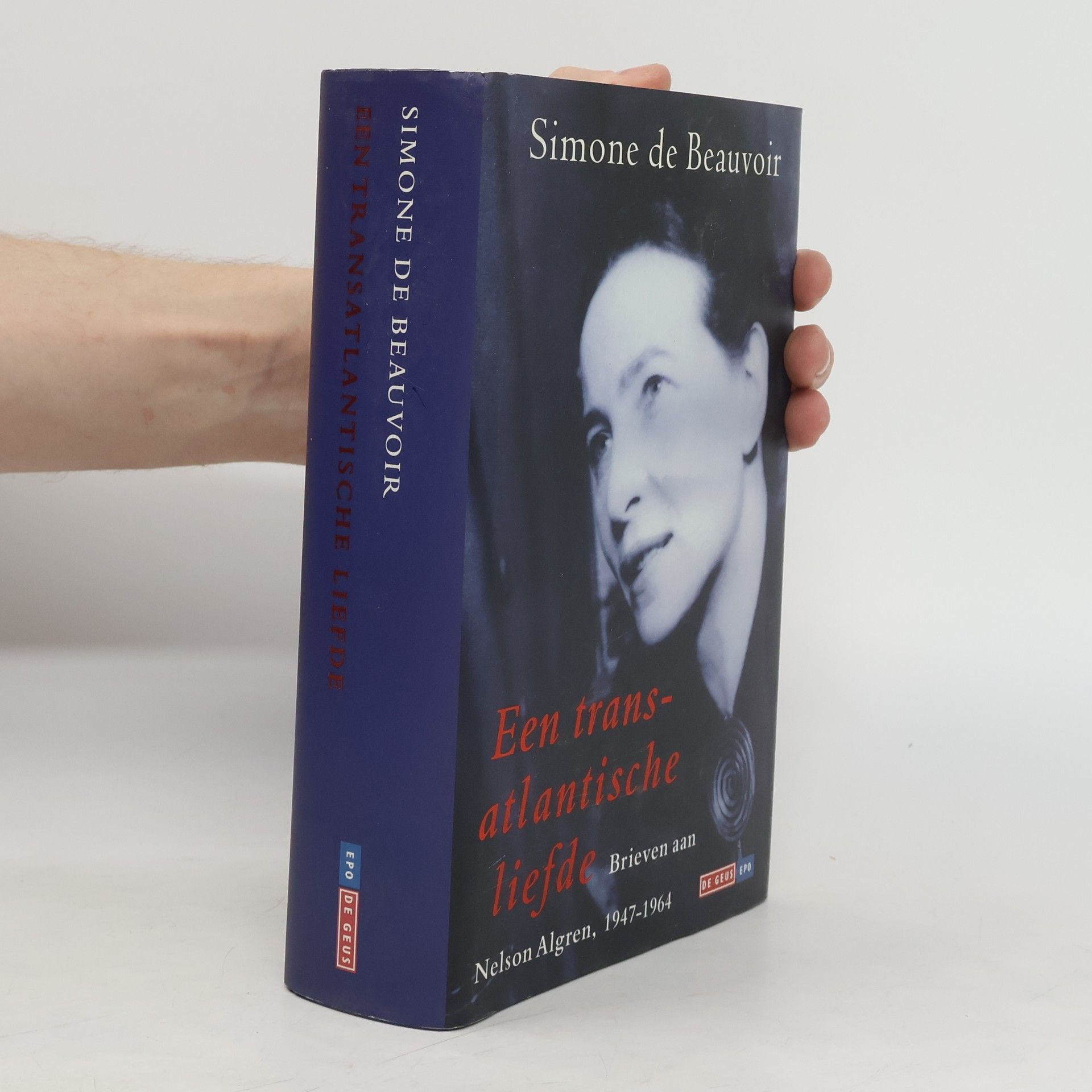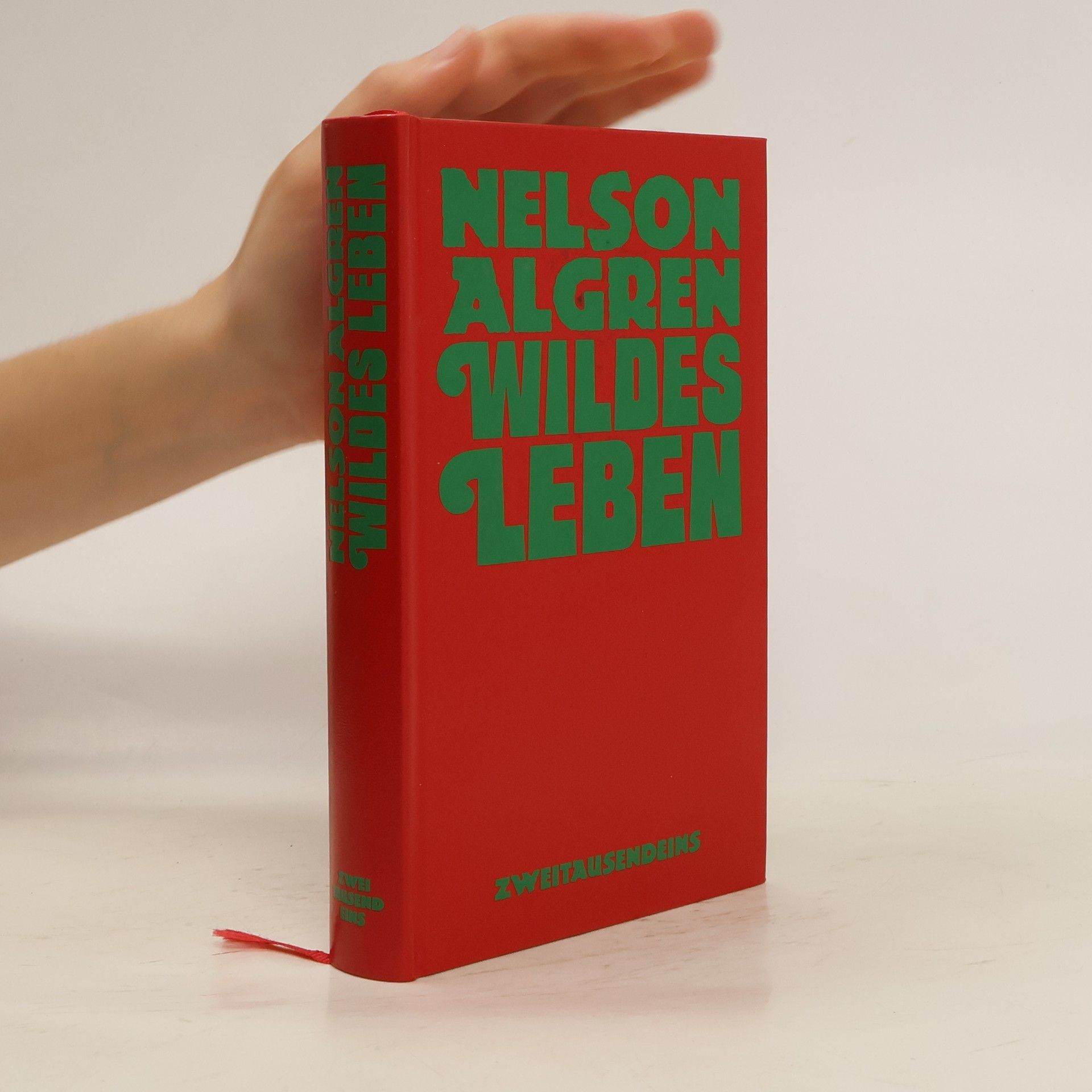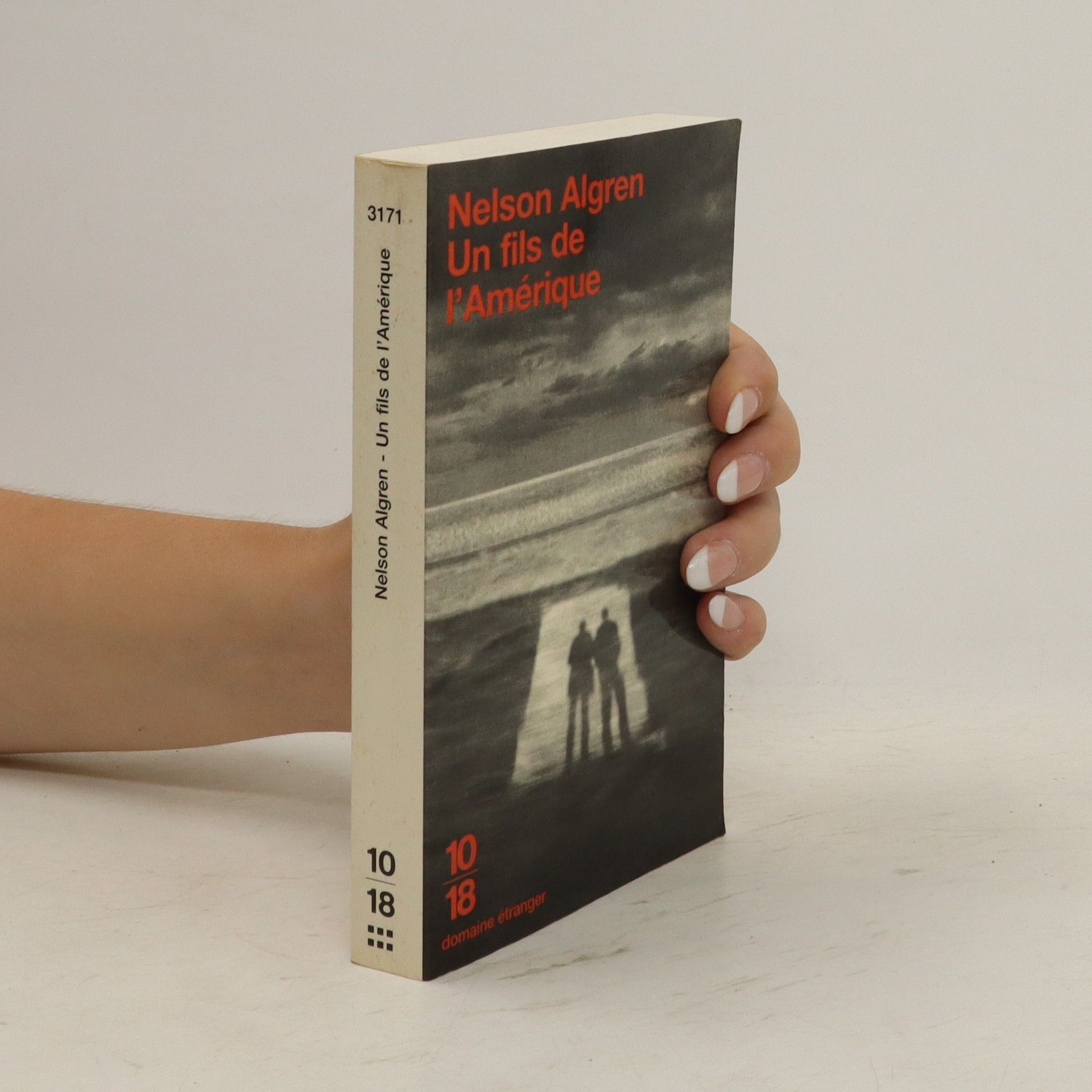Texasan Dove Linkhorn se na své cestě do hlubin noci propadá mezi ztroskotance, podvodníky, pasáky a šlapky. Algrenovou téměř antropologickou studií života v městské džungli New Orleansu za hospodářské krize se prolínají variace tří úzce propojených motivů: zločinu, chudoby a zoufalství. Román Špacír po divokejch končinách bývá díky notné dávce černého humoru a prvořadé literární kvalitě považován za předchůdce takových knih, jakými jsou Hellerova Hlava 22 nebo Keseyho Vyhoďme ho z kola ven. Popisuje odvrácenou tvář Ameriky ve své klasické podobě. Název románu – A Walk on the Wild Side – značně zpopularizoval Lou Reed, který měl z knihy udělat muzikál, zůstal však jen u názvu a příbuzné tematiky: svou píseň napsal o ztroskotancích z okruhu Warholovy Továrny, čímž Algrenovu knihu aktualizoval.
Nelson Algren Knihy
Nelson Algren se s vášní věnoval zachycování života na okraji společnosti, zejména v drsném prostředí městské chudoby. Jeho styl, charakteristický temným naturalismem, pronikavě odhaluje osudy ztracených existencí. S melancholickou poezií popisuje jejich boj a snaží se podat svědectví o jejich svérázném jazyce a beznaději. Algrenův hlas je hlasem utlačovaných a zapomenutých, což z jeho děl činí silné sociální komentáře.

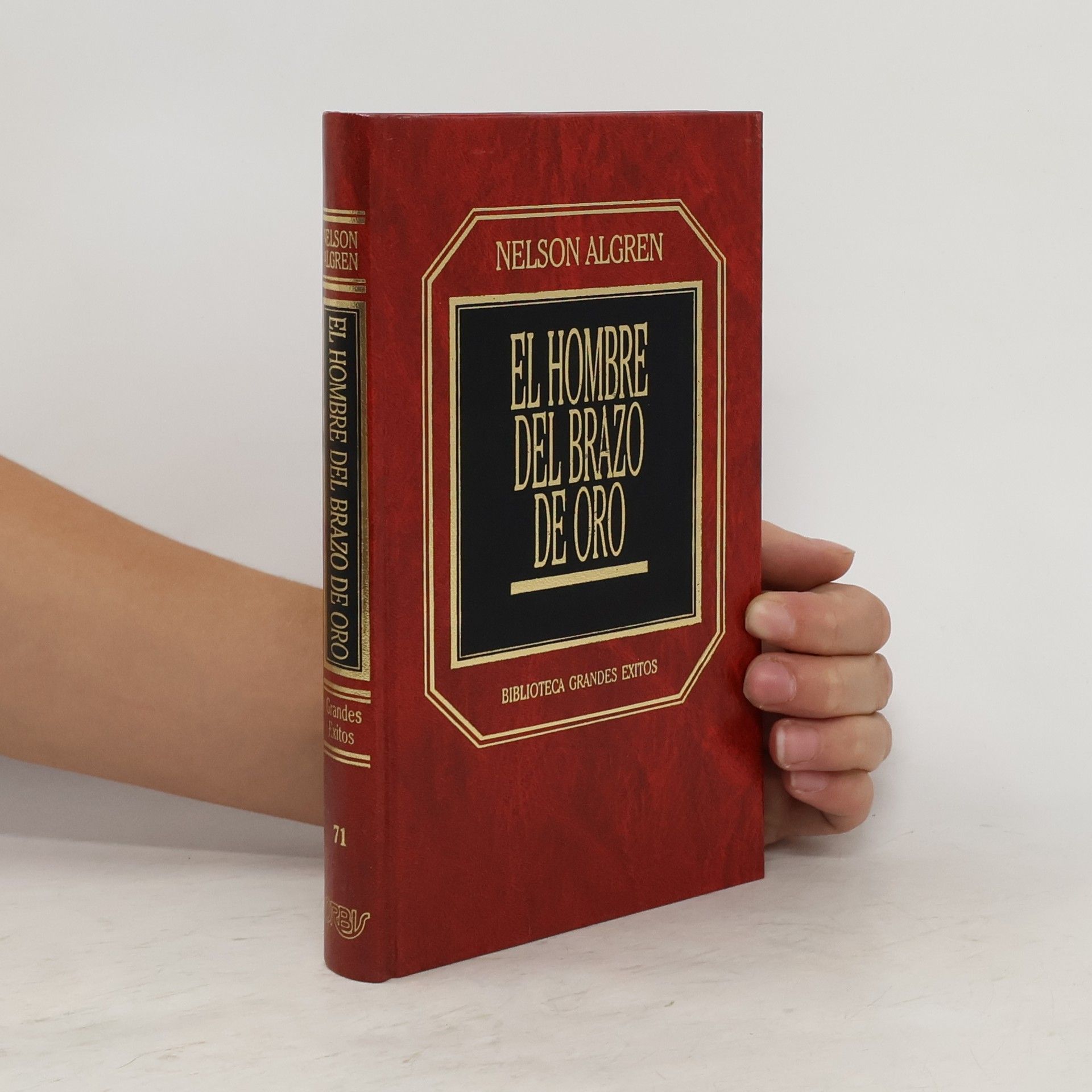
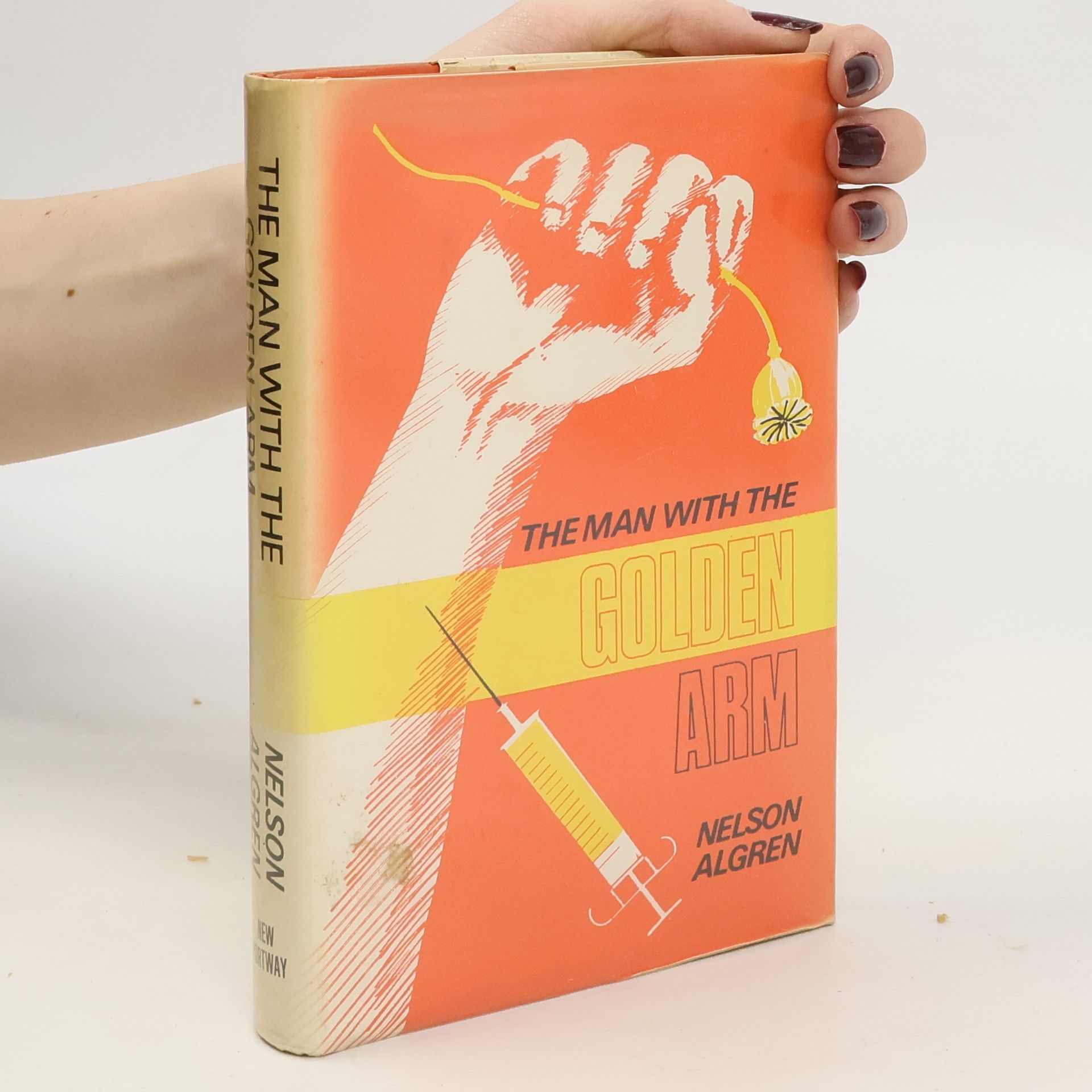




Výbor z povídek ze stejnojmenného povídkového souboru předního amerického romanopisce a povídkáře (nar. 1909). Drsné obrazy (reprodukované v překladu slangem a obecnou češtinou) z prostředí americké velkoměstské spodiny nebo z prostředí americké armády v Evropě na sklonku války a v prvních letech poválečných. Obsahuje doslov mj. s poznámkou k překladu.
The Neon Wilderness
- 320 stránek
- 12 hodin čtení
The stories in The Neon Wilderness established Algren in the pantheon of American writers and formed the vein that he mined for all his subsequent novels and stories. Included are "A Bottle of Milk for Mother," about a youth being cornered for a murder, "The Face on the Barroom Floor," in which a legless man nearly pummels someone to death, and "So Help Me," Algren's first published story. "Algren's short stories are now generally acknowledged to be literary triumphs." — The New York Times
Never Come Morning
- 336 stránek
- 12 hodin čtení
Never Come Morning is unique among the novels of Algren. The author's only romance, the novel concerns Bruno Bicek, a would-be boxer from Chicago's Northwest side, and Steffi, the woman who shares his dream while living his nightmare. "It is an unusual and brilliant book," said The New York Times. "A bold scribbling upon the wall for comfortable Americans to ponder and digest." This new edition features an introduction by Kurt Vonnegut, Jr. and an interview with Nelson Algren by H.E.F. Donohue.
A novel of rare genius, The Man with the Golden Arm describes the dissolution of a card-dealing WWII veteran named Frankie Machine, caught in the act of slowly cutting his own heart into wafer-thin slices. For Frankie, a murder committed may be the least of his problems. The literary critic Malcolm Cowley called The Man with the Golden Arm “Algren’s defense of the individual,” while Carl Sandburg wrote of its “strange midnight dignity.” A literary tour de force, here is a novel unlike any other, one in which drug addiction, poverty, and human failure somehow suggest a defense of human dignity and a reason for hope. Seven Stories Press separately publishes the critical edition of The Man with the Golden Arm, the first critical edition of an Algren work, featuring an extra 100+ pages of insightful essays by Russell Banks, Bettina Drew, James R. Giles, Carlo Rotella, William Savage, Lee Stringer, Studs Terkel, Kurt Vonnegut, and others.
Biblioteca Grandes Exitos - 71: El hombre del brazo de oro
- 248 stránek
- 9 hodin čtení
Frankie Machine reckons he's a tough guy in the Chicago underworld, dealing cards in a backstreet gambling den and hustling two-bit scams to pay for a heroin addiction he wants to kick but can't. He convinces himself that playing "the tubs" is the only way out of he poverty and addiction that is consuming him. Around him revolve the lives of Sophie, his crippled nagging wife; Molly, the saloon-bar stripper who loves him and tries to keep him free from the cops and his drug habit; Nifty Louie, Frankie's neighbourhood dealer; and Sparrow the punk, unreformable petty thief and Frankie's closest friend. With consummate skill Algren lays bare the tragedy and humour of Frankie's world, the people on both sides of the law who are trapped in poverty, frustration and despair. Algren's sympathetic portrait of people living in the Chicago slums is one of the classics of modern literature and was the first-ever winner of the National Book Award.
Brieven van de Franse filosofe en schrijfster (1908-1986) aan haar Amerikaanse geliefde, de schrijver Nelson Algren (1909-1981).
Un fils de l'Amérique
- 377 stránek
- 14 hodin čtení
Pour son entrée en littérature, l'auteur de L'Homme au bras d'or nous raconte la dérive dans l'Amérique de la Dépression d'un gosse du Texas. On retrouve dans ce roman l'univers des hobos que la future idole des existentialistes dépeint avec un lyrisme et une humanité qui feront dire à R-Y. Pétillon qu'" ils illustrent l'Amérique telle qu'elle devrait être, à l'encontre de ce qu'elle est devenue ". Et de citer Hemingway : " Pour le lire, il faut savoir encaisser. Algren frappe des deux mains, il a un bon jeu de jambes, et si vous n'êtes pas vigilant, il va vous démolir. "
